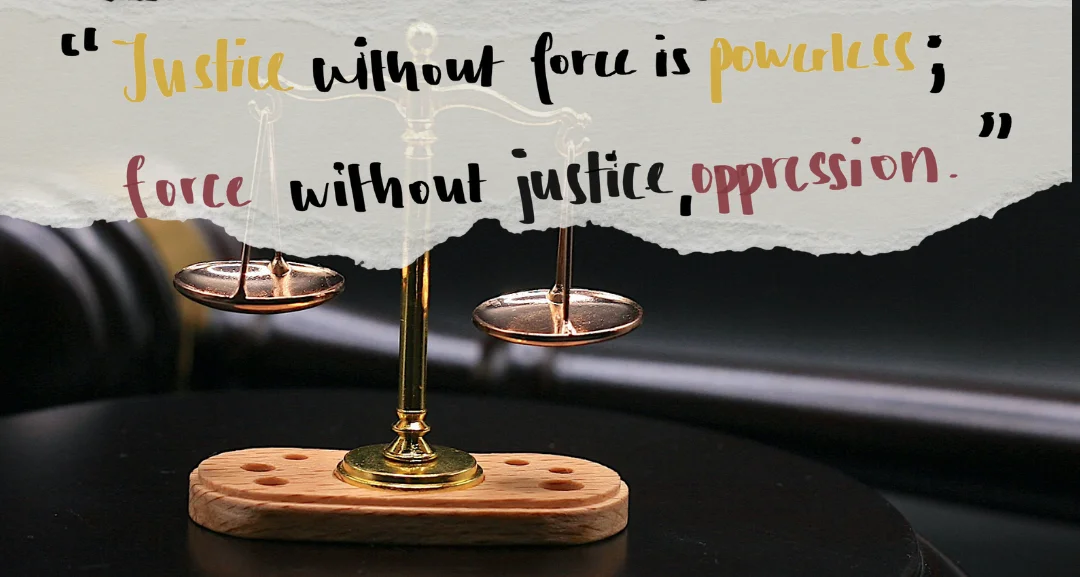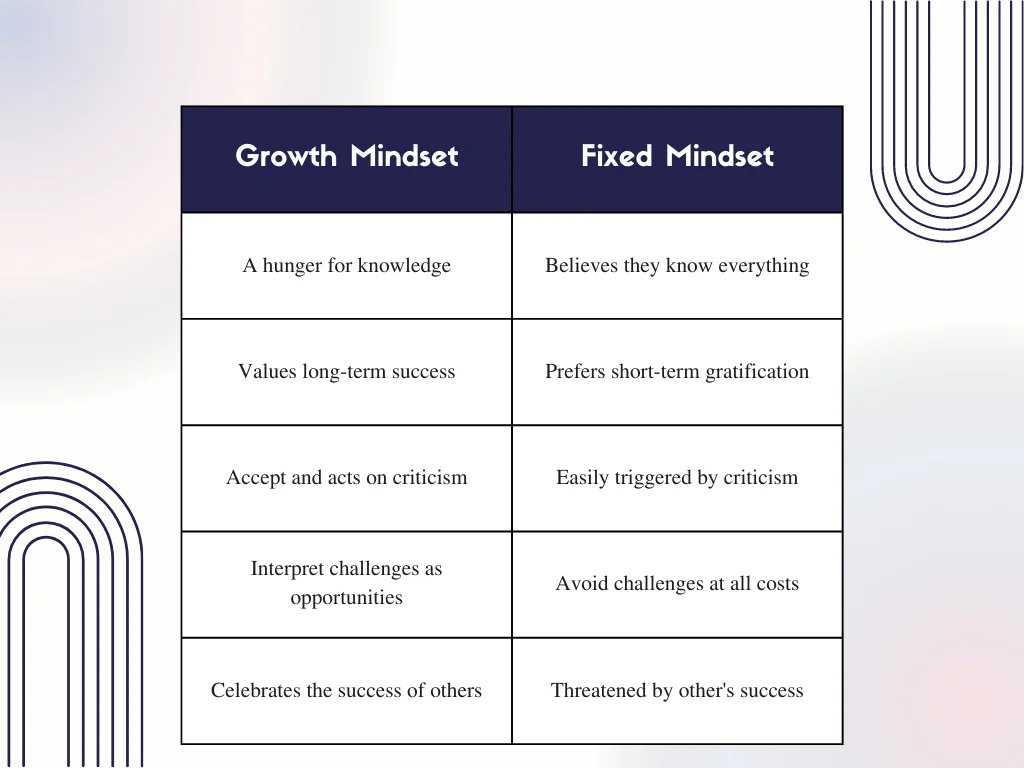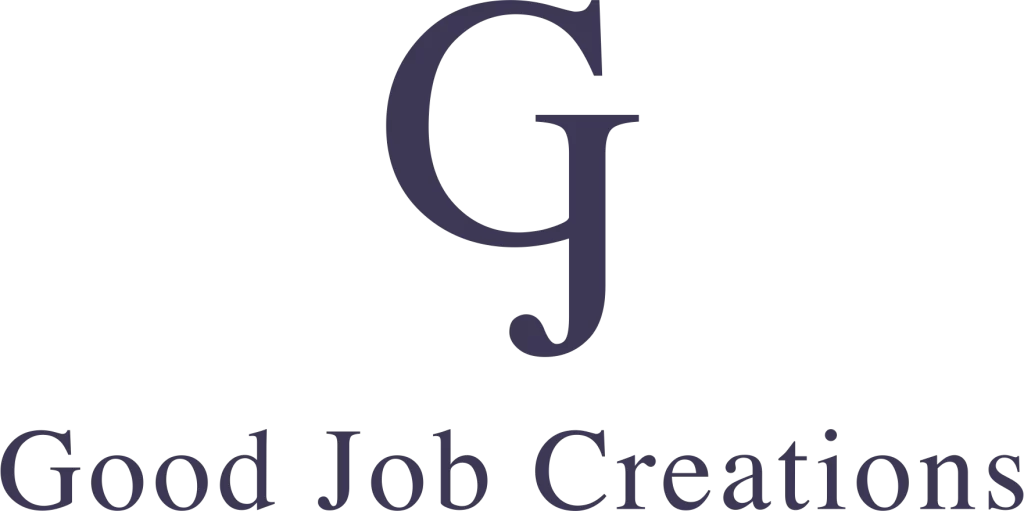#Voicesof.. Joshua Woo: Leading With Passion
gjc
on
June 1, 2023
My name is Joshua, General Manager for Oriental Aviation International & Good Job Creations Staffing Team. Presently, I oversee four teams across GJC and OAI. I joined this company in 2018 as a Team Leader. I make it my daily priority to maintain good communication with our stakeholders, building new relationships and garnering new ones.
1.How would you describe your leadership style, and why have you chosen it as such?
I will describe my style as leading through serving others; this creates a culture built on trust, transparency, an unselfish mindset, and fostering leadership within my team.
2.You are known to be a very passionate leader, but only a few know the reason behind that passion. Can you describe what motivates you and why?
I always strive and thrive to serve our colleagues, clients and candidates better. The 3 ‘C’s have always stuck with me since I started my recruitment career. I’m constantly motivated by my colleagues’ feedback when they let me know they feel happy and satisfied with our work environment and being in a culture that not only attracts but retains its talent; I’m also motivated by our client satisfaction with our services and the solutions we offer—where candidates are given a better livelihood that improves their living standards.
3.What industry trends impact your role as a manager, and how do you get your team to be on the same page?
One of the industry trends is working from home, which was first implemented when Covid-19 broke out. However, our line of work requires us to be present when we meet prospective and existing candidates, some of our staff have on-site client and face-to-face meetings within and across the teams, and some members work long hours. Hence, we have introduced flexible working hours that allow our team members to recharge before another day of work.
I have witnessed working in the office and having flexible timing has dramatically increased our productivity and promoted a healthy work-life balance culture.

4.Have you ever had to execute a project with a small budget or a need for more resources? Can you share with us how did you manage it?
This brings me back to 2 April 2018, when I first heard these words from our Managing Director (MD), Kimiya Shibazaki, “Justice without force is powerless; force without justice is oppression. Never stop growing, and never stop believing in our possibilities.”
The biggest project was to create a Staffing Team that same year. We had zero clients, candidates, and colleagues; we didn’t have a single recruitment tool or technology to help us with our process. This seemed like an impossible project; nevertheless, we were determined to make it work.
I made good use of my existing tools to keep track of all my candidate and client base and made endless cold calls from leads I generated from newspapers and online job portals. I wrote countless emails to prospective clients to introduce our services and the solutions we offered and leverage the Permanent Staffing Team’s existing clientele base. I also participated in plenty of HR events. I participated in networking sessions to grow our contacts and reconnect with past clients that previously engaged me.
With those encouraging words spoken by our MD, through grit and determination, we continued building everything from the ground up, from setting the rules and regulations to recruiting members to join our team. We then moved on to implementing a payroll system. We hired individuals with an entrepreneurial mindset, willing to take risks and exhibit humility in all aspects. Through this, we created a culture that adhered to the statement ‘All for One, One for All.’
Today, I am happy to share that we have over 20 dedicated consultants and 800 contractors under our payroll.
5.Employees often seek to be mentored by inspiring leaders. Describe how they were performing initially and what they are doing now.
Two years ago, I noticed a member had performed exceptionally well in her role. Early last year, the management was planning an expansion project, and we needed all the support we could garner. Hence, after taking note of the spirit of excellence this individual has exhibited, I decided to mentor her to smoothen the transition into her role of supporting the business project. Today, she is happily contributing to the team working on payroll.
I’ve always made it a point to mentor and share my experience with members regardless of their title or position, and in return, I learned so much from them. The newly joined consultants I mentored years ago are now Team Leads of their respective teams.
6.What goals have you set for your team this new financial year, and how do they align with your company’s core goals?
Things run differently in the recruitment industry, and some of our goals are sales driven. Some internal goals that were set were identifying and promoting the generation of our current members and hiring more fresh graduates that majored in HR consulting to join the staffing and recruitment industry team to unearth different portfolios of our business. In this process, we are determined to raise experienced leaders in our industry to continue the legacy—of providing jobs for people and improving their quality of life.
“We are determined to raise experienced leaders in our industry to continue the legacy—of providing jobs for people and improving their quality of life.”
7.If there is one advice you’d give to your younger self, what would it be and why?
In the earlier years, I behaved selfishly, had unrealistic expectations and was even stubborn sometimes. All those actions resulted in me making some rash decisions and having unnecessary confrontations in the early days of my career.
Some advice I would give my younger self is to exercise more patience, take time out to think things through before I speak and act, and practice putting myself in the shoes of others. By doing so, I could have avoided those mistakes.
Interview by Destiny Goh
Marketing Communications Executive

















